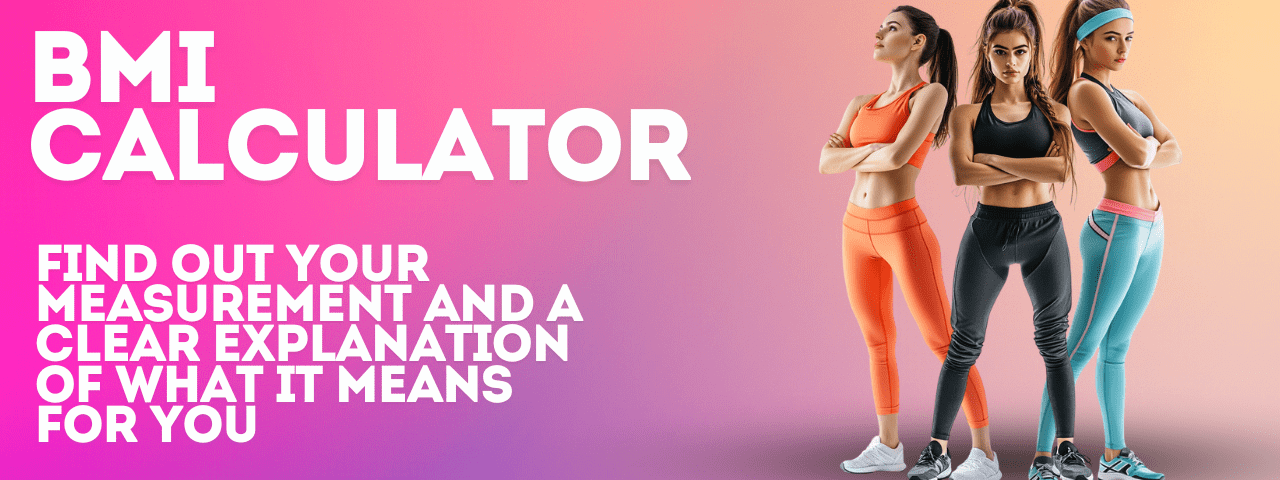Looking to Improve Your Weight? Scroll down for more information

Many people have found success with Nagano Tonic in helping to achieve a balanced weight and improve their BMI. Click to learn more! Please be aware this is an affilate link and we may recieve a small commission should you purchase the product. Good luck!


